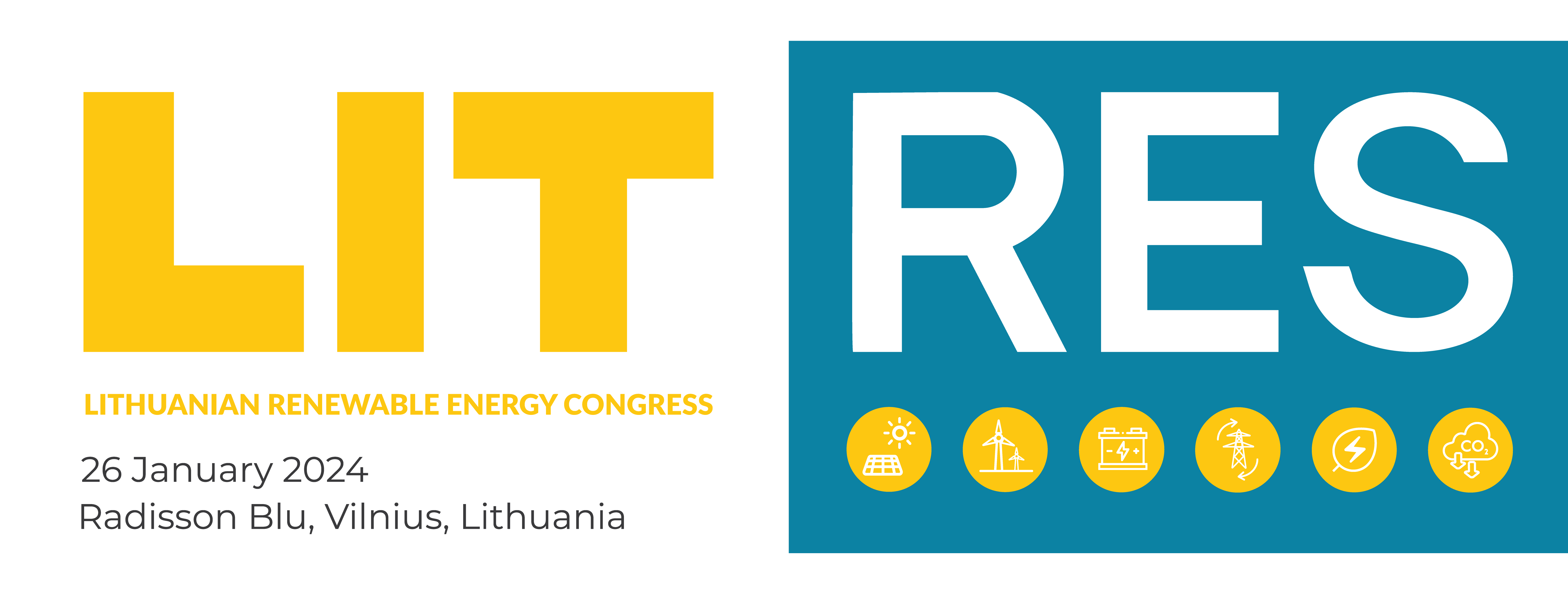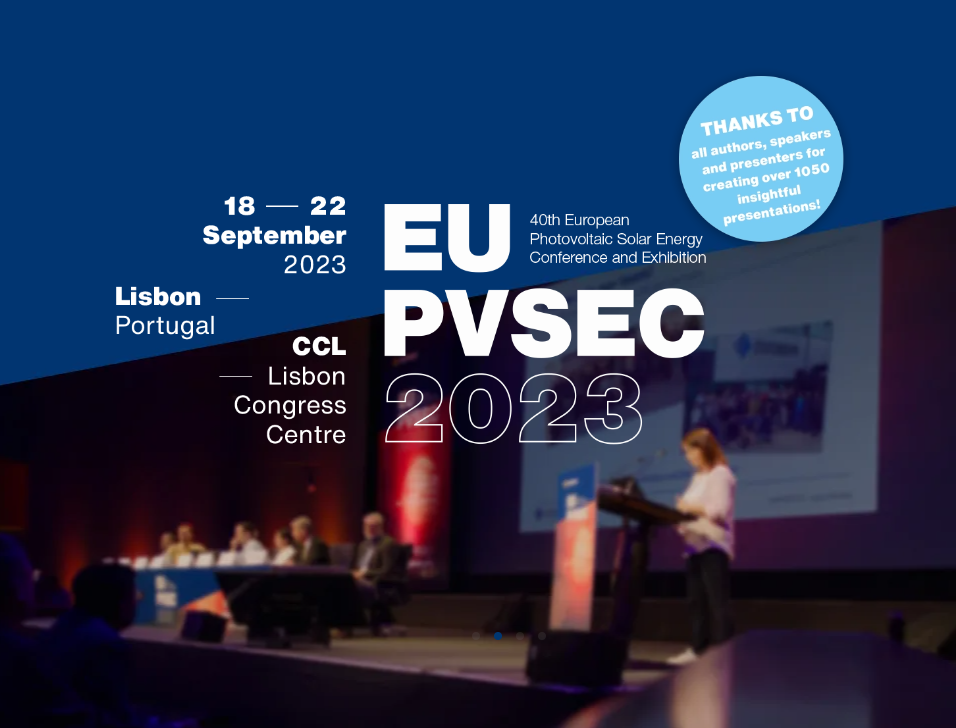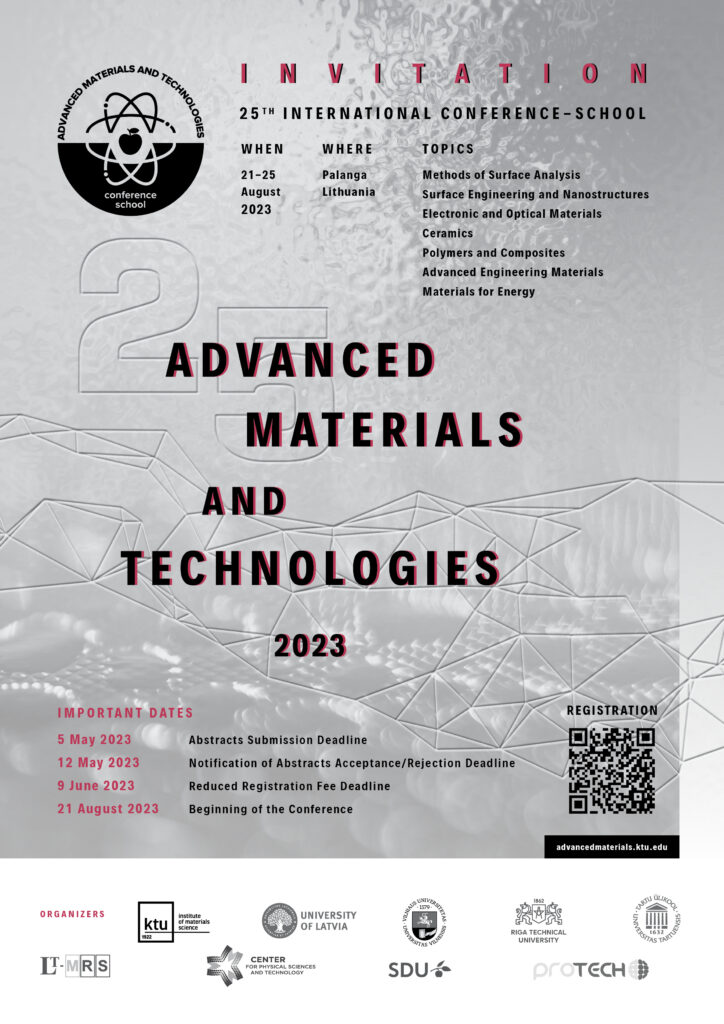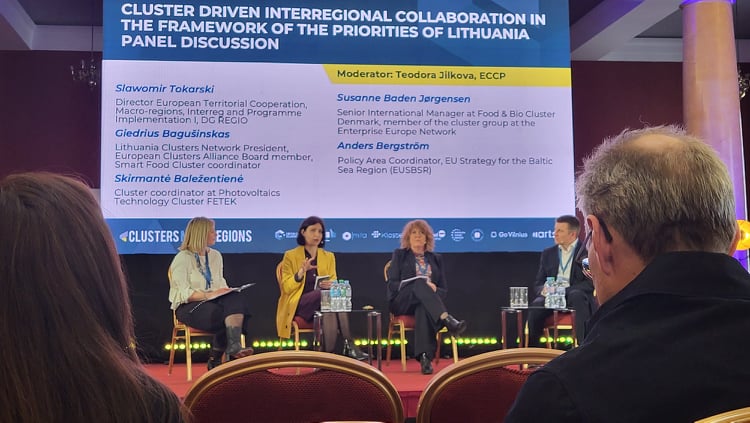Project Financing: European Climate Initiative (EUKI)
Project duration: September 2018/ April 2019
Budget: 128,618 €
Implementing organisation: Initiative Wohnungswirtschaft Osteuropa (IWO) e.V. – Housing Initiative for Eastern Europe
Project Partners: Alliance of Lithuanian Consumer Organisations (LVOA), Applied Research Institute for Prospective Technologies (PROTECH), Steinbeis-Innovationszentrum energie+
Target groups: Business Associations, Cities, towns and municipalities, Civil Society, Governments, Regional governments
Project website: https://www.euki.de/en/euki-projects/euki-sol-solar-energy-for-multi-family-buildings-in-lithuania/
Lithuania has one of the highest energy poverty rates in the entire European Union. Increasing the use of renewable energy has significant potential both for optimising building refurbishment and for reducing energy poverty. Germany can offer good practices and expertise regarding the integration of renewable energy in the refurbishment of multi-family buildings.
The project “EUKI SOL – Solar Energy for Multi-Family Buildings in Lithuania” identified and examined relevant areas for applying solar energy (photovoltaic and solar thermal energy) solutions in Lithuanian apartment buildings. The main part of the project consisted in analyzing and describing social and technical issues which need to be addressed in order to introduce and scale up solar energy in the renovation of multi-family buildings in Lithuania. During the project, information was provided to apartment residents and owners as well as other relevant stakeholders in Lithuania on the potential of solar energy and on how the required changes in policy and legislation may be brought about.
The most important result of the project was the report “Solar Energy for Multifamily Houses in Lithuania”, which summarizes the results of the analyses carried out and the policy recommendations derived from them. These recommendations were discussed in several dialogue forums with more than 180 political representatives, including the Minister of Energy and the Minister of Environment, as well as other stakeholders. Recommendations from the project were also taken up in the reform of the subsidy landscape for climate-friendly renovations, which includes subsidies for the installation of heat pumps, the introduction of a prosumer model, and subsidies for low-income groups.





